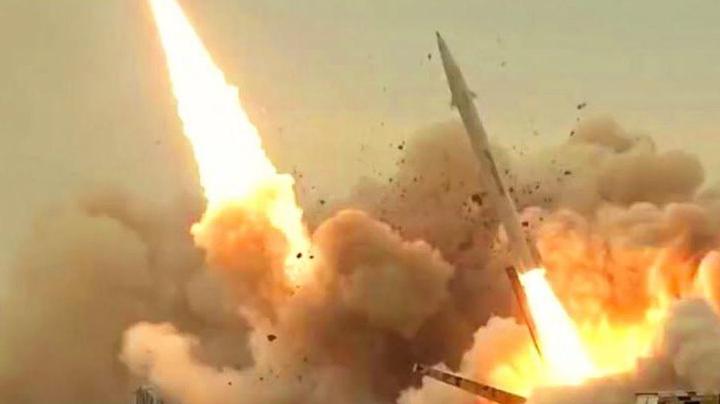According to reports by The Times of India on Thursday, June 26, U.S. intelligence agencies have raised alarms over Pakistan’s alleged pursuit of an intercontinental ballistic missile (ICBM) program, which, if completed, could give the South Asian nation the ability to strike targets within the continental United States.
According to a report published by Foreign Affairs, Pakistan’s military has intensified its long-range missile development in the wake of Operation Sindoor, a regional military exercise conducted in May. The report claims that Islamabad is working toward equipping ICBMs with nuclear warheads a strategic leap that would elevate Pakistan from a regional nuclear power to a global one.
While Pakistan has long justified its nuclear weapons program as a necessary deterrent against its conventionally superior neighbor India, U.S. intelligence assessments suggest a broader objective. By acquiring missiles with the range to reach North America, Pakistan may be aiming to dissuade potential U.S. military intervention whether in a regional conflict or a preemptive strike scenario targeting its nuclear infrastructure.
Iran vs Israel: The War That’s Been Building for 3,000 Years (And Still Isn’t Over).
Intercontinental ballistic missiles, or ICBMs, are advanced long-range delivery systems capable of striking targets more than 5,500 kilometers (3,400 miles) away. Designed primarily to carry nuclear warheads, many modern ICBMs are equipped with multiple independently targetable reentry vehicles (MIRVs), allowing a single missile to deliver several warheads to different locations.
Currently, nations with operational ICBM capabilities include the United States, Russia, China, the United Kingdom, France, India, North Korea, and Israel (though Israel has never officially confirmed it). Pakistan’s addition to this list would mark a significant shift in the global nuclear landscape.
Should Islamabad succeed, it would represent the first time a U.S.-designated major non-NATO ally developed a weapon system capable of directly threatening the U.S. homeland. Analysts warn that such a development could force a major recalibration of U.S. foreign and defense policy toward Pakistan, including potential sanctions, military posture adjustments, or downgrading of strategic ties.
“This would fundamentally alter the calculus of how the U.S. engages with Pakistan,” one U.S. official reportedly told Foreign Affairs. “No country with the ability to strike American cities with nuclear weapons has ever been treated as a strategic ally.”
The broader concern is not just Pakistan’s missile ambitions, but the potential for coordination between nuclear-armed states hostile to U.S. interests. With growing ties between China, Russia, North Korea, and Iran, Washington fears a more interconnected global threat environment, where simultaneous or coordinated strategic pressures could challenge U.S. deterrence and response capabilities.
Find Verified News At Your fingertips Click The Button Below

